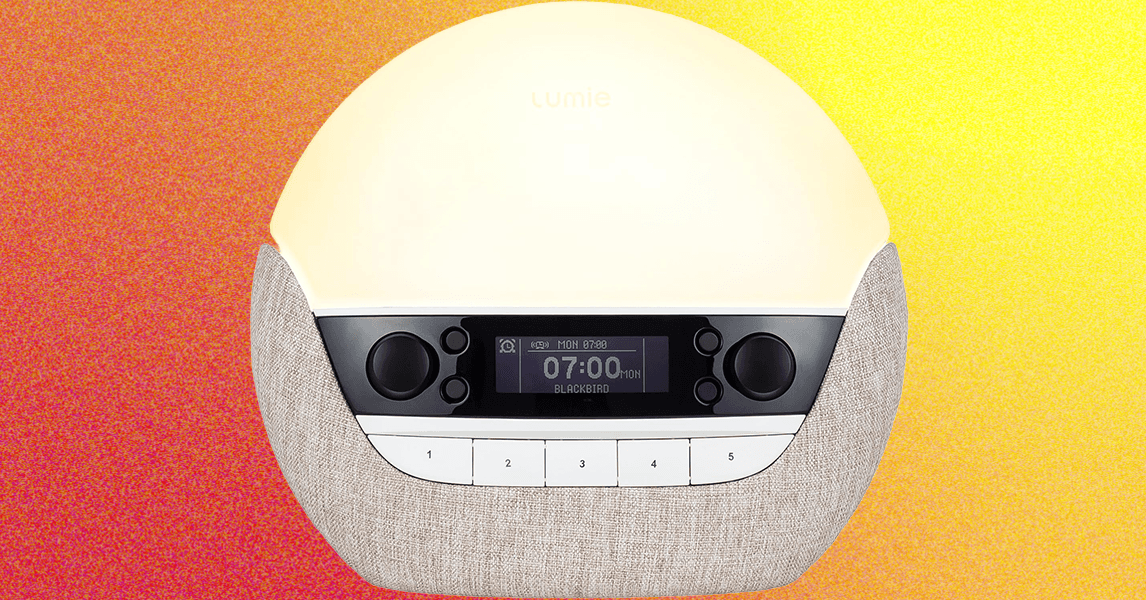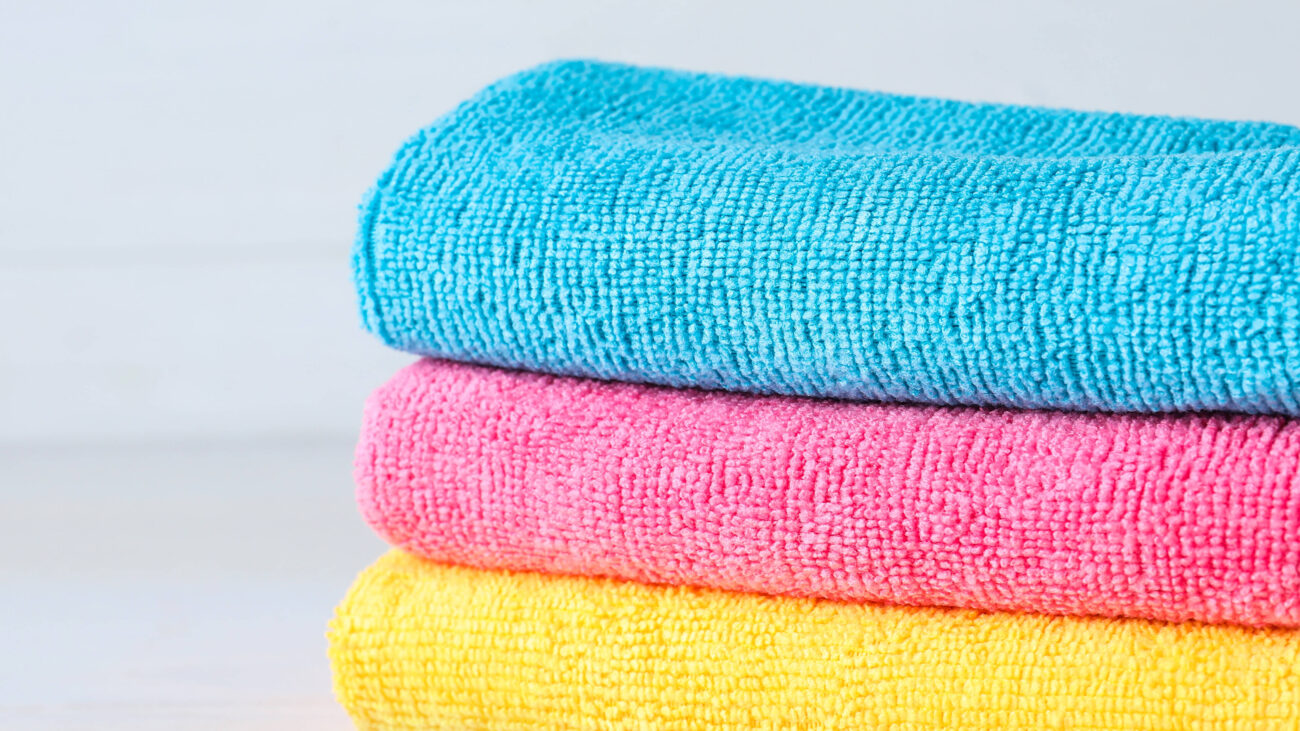Blog
August Is Prime Time for Mosquitoes—and the Diseases They Carry. Here’s How to Prevent Mosquito Bites

The itchy annoyance of a mosquito bite—or a slew of them, if you’re a magnet for these bloodsuckers—is reason enough to try to avoid them (especially if you’re allergic). But there’s also the more serious threat of the diseases they can transmit, which has only grown in recent years as warming temps give the bugs more time to hatch and do their thing.
August is historically the peak month for infections of West Nile virus, the leading cause of mosquito-borne disease in the US—and already this year, 33 states have reported cases. Just this week, The New York Times also reported that a New Jersey resident may have contracted malaria locally (meaning, not after coming back from international travel), which would be the first time in decades for the state. (In 2023, a handful of people contracted malaria stateside in Florida, Texas, and Arkansas, marking the first US outbreak in 20 years.) Locally acquired dengue has also cropped up in Florida in 2025 (following outbreaks there and in California and Texas in 2024), and the current surge of chikungunya throughout Asia and Europe poses a rising threat to both those who live and travel there.
Estimates suggest that fewer than 10% of mosquitoes are capable of spreading pathogens that can make people sick, but being around them sans protection is a serious gamble. Most cases of these illnesses start with flu-like symptoms—fever, chills, and headache—but some infections can trigger severe complications. And we don’t have medications to protect us against most of these conditions, making it super-important to prevent mosquito bites in the first place. Below, find expert tips for warding off these bugs.
Wear the right insect repellent (in the correct way).
Wearing insect repellent is the very best thing you can do to prevent mosquito bites and potential infections. There are a handful of varieties out there (here’s the Environmental Protection Agency (EPA) guide to safe, effective repellents) that work by either masking your scent so mosquitoes can’t detect you or by repelling the bugs.
The most well-known repellent is DEET. It has that chemical stench you may recall from sleepover camp, but it works very well, Daniel Pastula, MD, chief of neuroinfectious diseases and global neurology at the University of Colorado School of Medicine, tells SELF. There’s also picaridin (an odorless spray made from the pepper plant), IR3535, and products made with oil of lemon eucalyptus (OLE)—which, to be clear, is a distinct and more concentrated item than lemon eucalyptus oil and includes a proven insect repellant called PMD (p-menthane-3,8-diol).
A few tips:
- Stick to products that have been registered with the EPA. If a repellent is not included in its directory, there’s no evidence it works, says Dr. Pastula.
- Steer clear of products that claim to be “natural” repellents. Many, like peppermint and cedar oil, have not gotten the EPA’s seal of approval.
- Similarly: Sorry to break it to you, but citronella candles don’t really work (nor do things that contain citronellal, like lemon eucalyptus oil).
- Repellents that contain 10 to 35% DEET or picaridin will do the trick. After that, a higher percentage doesn’t necessarily mean the product is more effective, says Dr. Pastula.
- Apply insect repellent on top of sunscreen (if you’re wearing both, which you should be).
Safeguard your home.
Keeping your windows open invites bugs into your home. If you like natural air in your home, use screens or netting to block out intruders. Closing your doors and running the AC can also help prevent them from getting inside.











